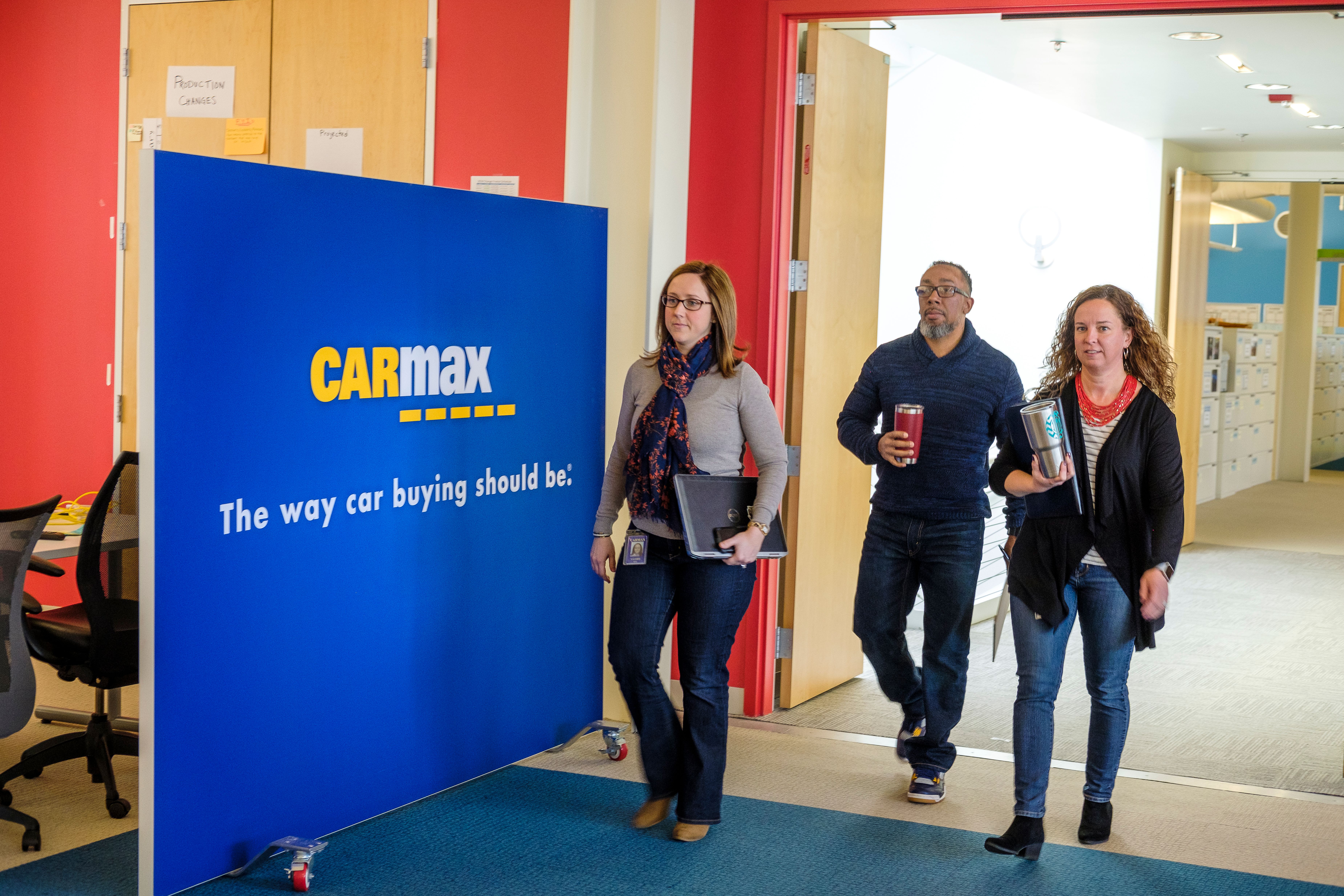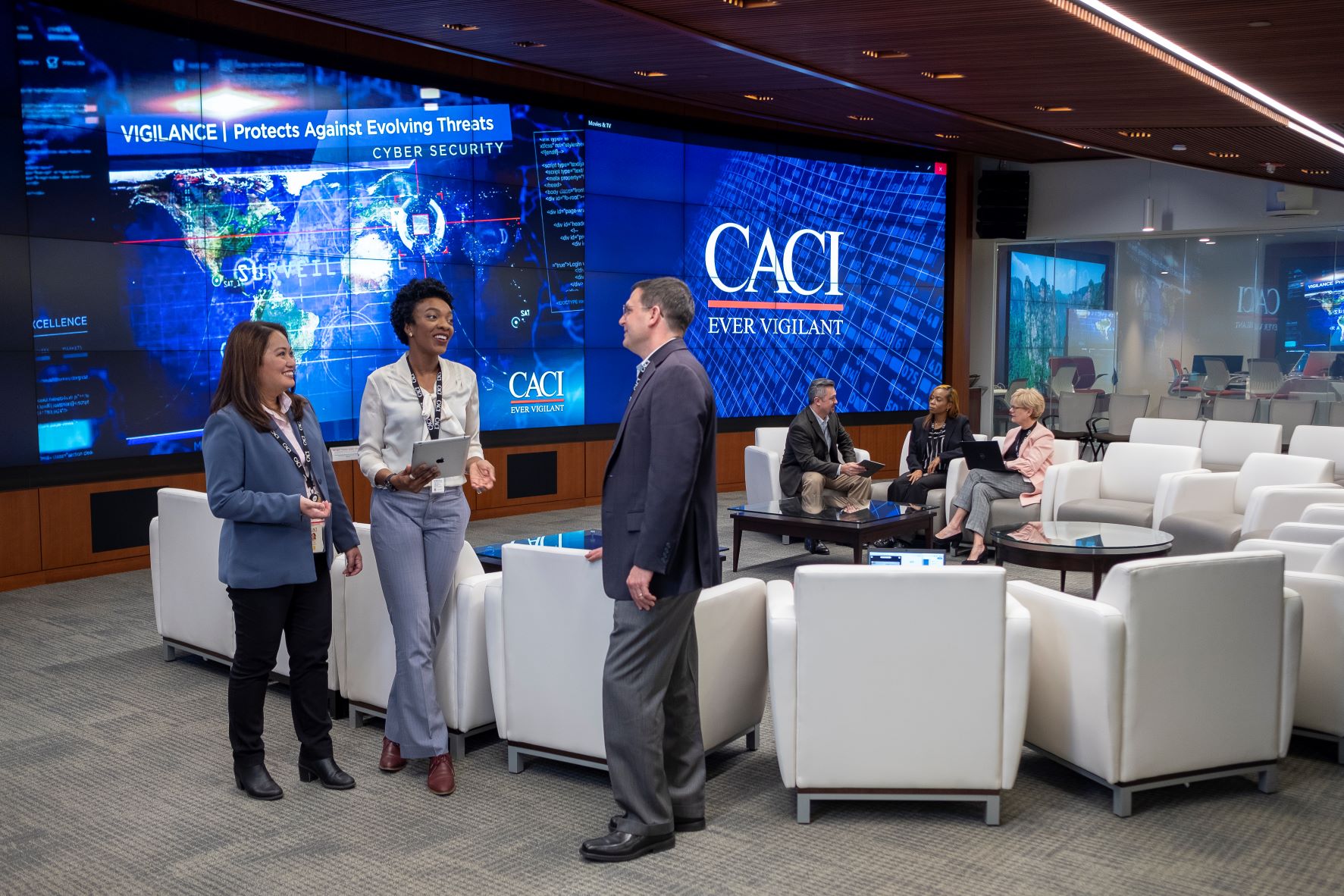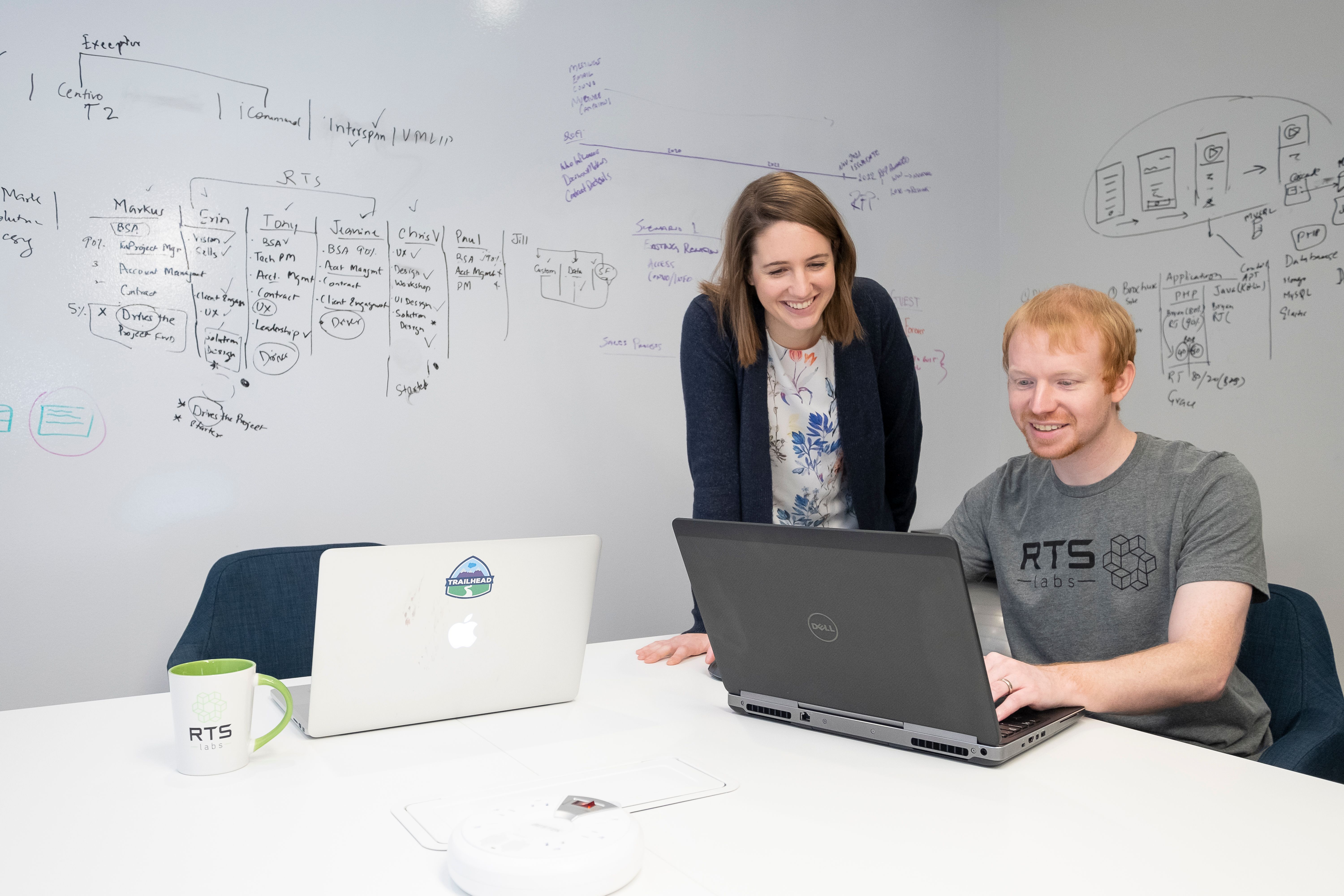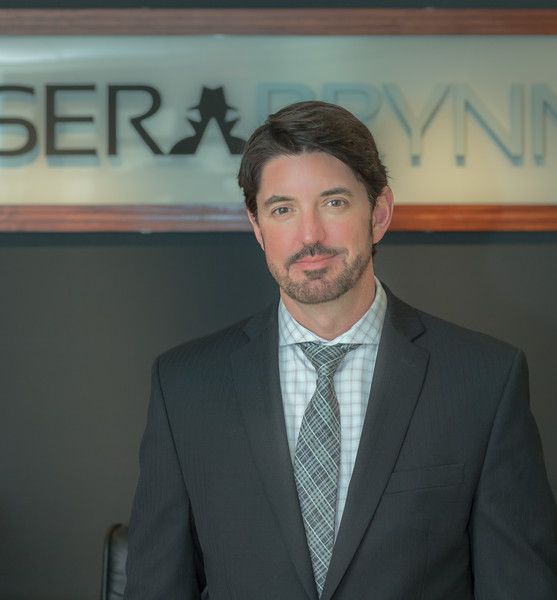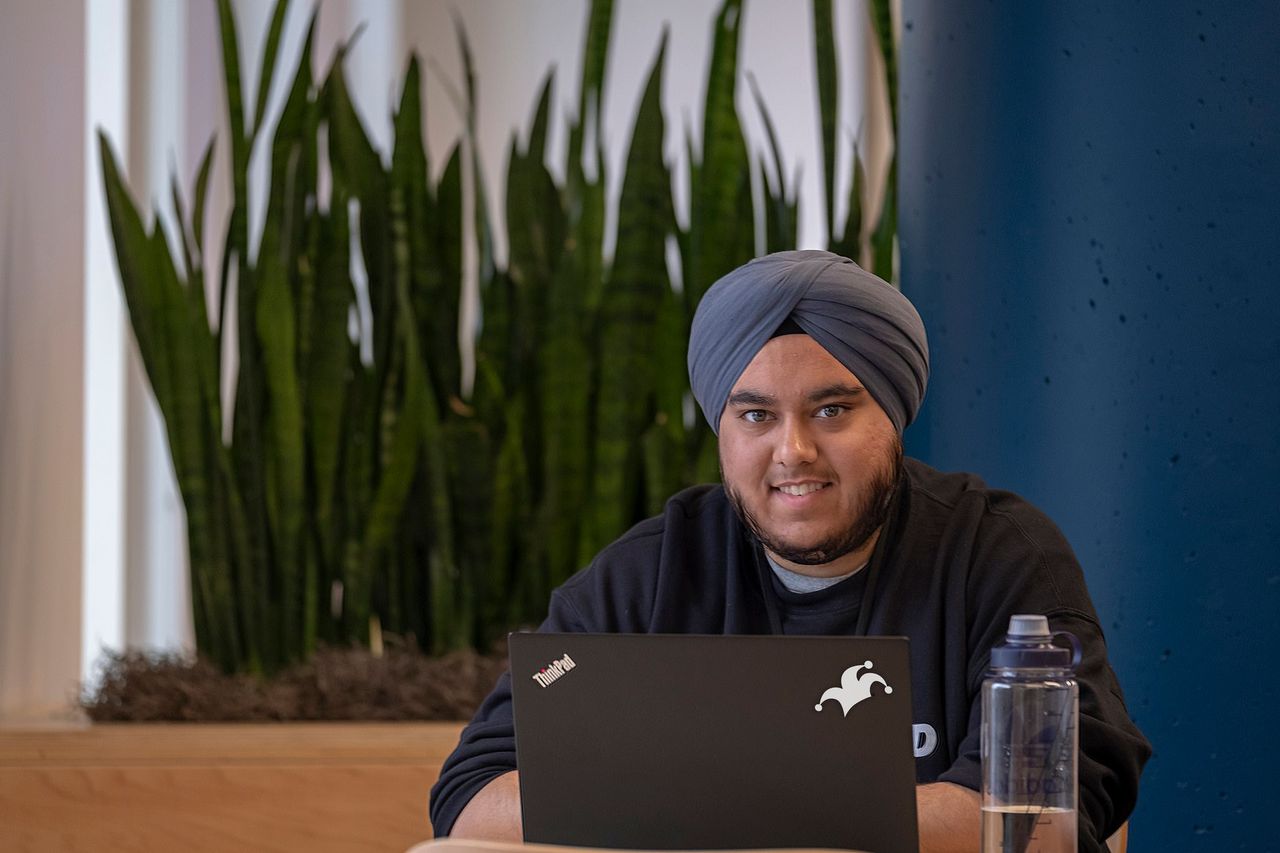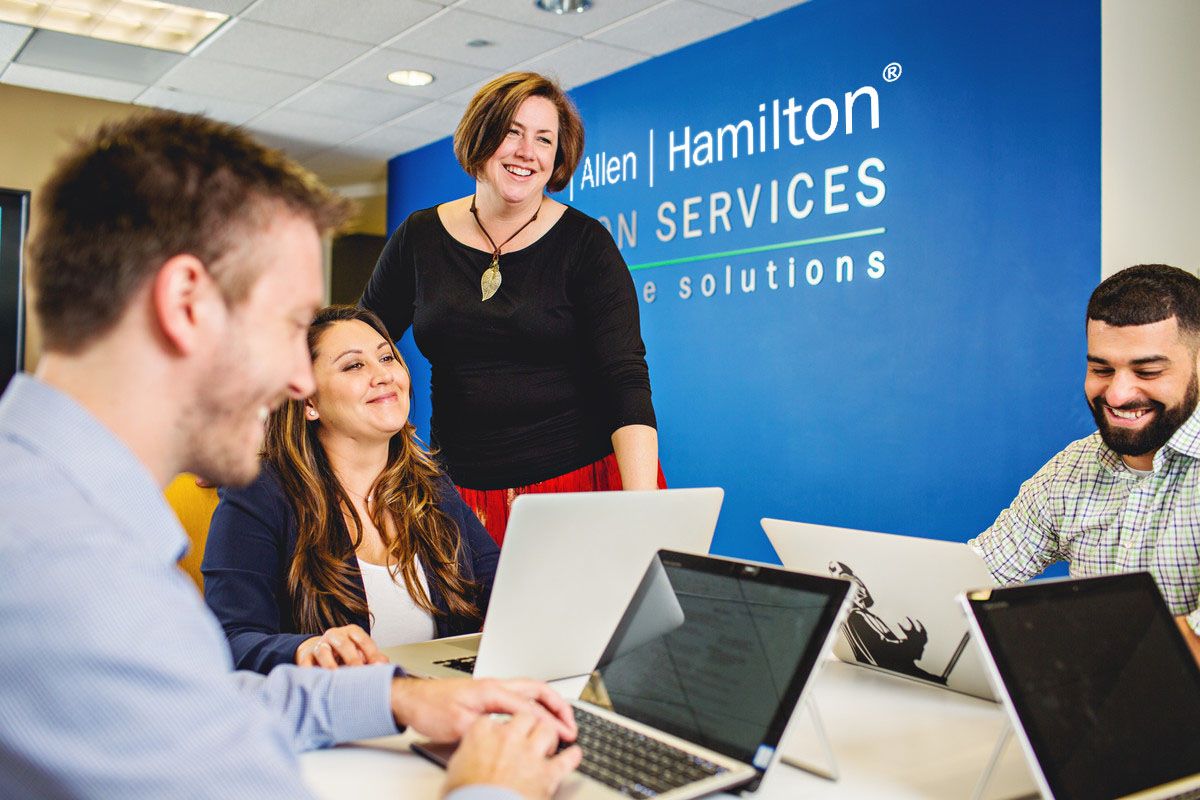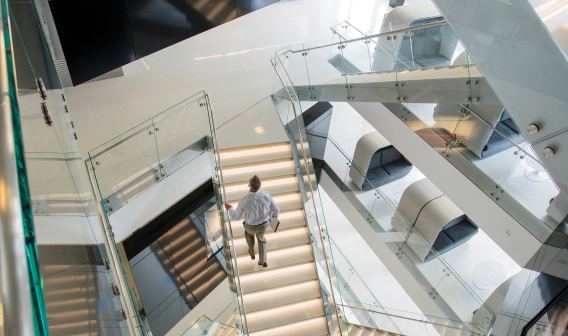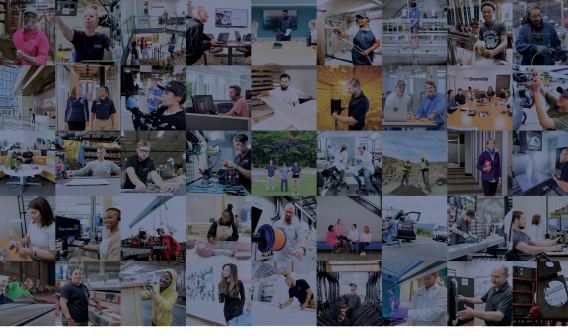The company discovered the perfect place in downtown Richmond: a 125-year-old former hat factory on the banks of a historic canal, originally surveyed and planned by George Washington. At CarMax Shockoe, around 100 employees come up with fresh ideas for improving the company’s UX, such as the 360-degree photography used to showcase cars.
Jyot Singh, founder and CEO of RTS Labs, found a very different, but equally effective environment for collaboration: the lakeside trails in Innsbrook, an office park just west of Richmond. When his developers are struggling with a particular challenge, they go for walks through the bucolic campus. “That’s when we solve the most complex problems — not just sitting behind a desk,” Singh says.
It’s easy to get there, too. “Life is way too short to be stuck in traffic,” Singh says. The average commute time in the Richmond region is 25 minutes, just under the national average.
RTS Labs is a team of builders specializing in custom software for growth-stage and middle-market companies. Founded in 2010 with two people, the company plans to grow to 200 employees in the next few years. Singh’s employees have been bartenders, chefs, teachers, architects, and military service members. They’ve come from Florida, New York, and Texas; Bulgaria, Serbia, and Sri Lanka.
The big draw: great quality of life. “We sell the city first. Then we sell RTS,” Singh says. “I don’t think there’s any city better than this place.”
Dana Ailsworth echoes that sentiment. “When we are recruiting, we have a much better story to tell today than we even did 10 years ago,” says Ailsworth.
Increasingly, Ailsworth sees young professionals who cut their teeth in New York, Los Angeles, or Chicago — and then seek a better quality of life in Virginia. Richmond, in particular, offers affordable housing, a low cost of living, vibrant culture, a nationally acclaimed food scene, and breweries galore. “It’s a very easy sell,” she says.
From an employer’s perspective, Virginia’s biggest draw is its highly educated workforce. Chris Busse is the chief technology officer at APIvista, a company that assists businesses with software integration and builds cloud environment management and deployment processes around software development. “Our work is very under-the-hood,” Busse explains, with no front-end design component, so he’s always looking for software engineers and DevOps engineers who relish that type of work.
Luckily, Richmond furnishes its own talent pipeline. Local company Maxx Potential’s innovative apprenticeship program trains and places people who have technical aptitude but limited experience. APIvista has hired five people from there, Busse says. Other reliable sources of recruits are the highly regarded Coding Boot Camp offered by the University of Richmond and Virginia Commonwealth University’s College of Engineering, which offers cybersecurity and data science specializations. With resources like these, Busse says, “Richmond is a good town to find the kinds of developers that we’re looking for.”
Hampton Roads: A Military-Trained Workforce
People from outside the state know Hampton Roads primarily for the Virginia Beach oceanfront, a popular vacation destination. But Virginia Beach and its immediate neighbors — including Norfolk, Portsmouth, Chesapeake, and Suffolk — are home to more than 1.7 million people, making it the state’s second most populous area.
Hampton Roads has one of the world’s largest populations of active-duty military personnel: approximately 83,000 service members, plus many more civilian personnel. Every year, according to the Hampton Roads Chamber of Commerce, around 13,000 military personnel in the area leave the service, transferring their skills and advanced training to private industry.
That’s exactly why cybersecurity compliance and advisory firm Sera-Brynn is headquartered in Suffolk, says co-founder and CEO Rob Hegedus: the access to former government employees and the opportunity to take “that highly trained and highly skilled competency and redirect it to the private sector.”
Sera-Brynn was founded in 2011 by former members of the U.S. intelligence community. They partnered with TowneBank, now one of the largest banks headquartered in Virginia, to offer security and compliance services to financial institutions.
Today, Sera-Brynn is listed as one of the world’s top-ranked cyber compliance and risk management firms. The company recently launched a new software-as-a-service offering, backed by blockchain technology, that helps organizations manage their security and regulatory compliance.
What Sera-Brynn does is “very boutique, but it’s growing tremendously,” Hegedus says. And good people aren’t hard to find. There are a few reasons for this, he says. One, with such a big military presence, “there is a lot, a lot of talent down here.” Two, it’s not hard to talk someone into moving to Hampton Roads. The cost of living is low and the quality of life is high. A competitive salary, plus affordable housing, plus weekends on the water? That’s a winning proposition.
Southwest Virginia: Tech Innovation and Mountain Splendor
Southwest Virginia is famous for its natural beauty, from the Blue Ridge Mountains to the New River, which is one of the oldest rivers on earth. It’s less known for its fast-growing tech community — but that’s about to change.
In the university town of Blacksburg, many companies with headquarters elsewhere have found a home for tech-based support operations. There’s Block.one, a provider of high-performance blockchain solutions headquartered in Hong Kong, with around 100 employees in southwest Virginia. There’s 1901 Group, a Fairfax-based IT firm that’s building a 40,000-square-foot space and adding 580 new jobs. And there’s Mahindra Group, the India-based global leader in farm equipment, which recently opened a Blacksburg arm to focus on emerging agricultural technology, like grape-picking robots.
All three are located at the Virginia Tech Corporate Research Center, a tech-centered research and development park that helps companies make use of intellectual property developed by the adjacent university and provides access to the talent developed at Virginia Tech. The Center takes an active approach to business development, helping connect companies with angel investors, bankers, and other sources of capital. Smaller startups may move to any office space that suits them without penalties, reducing their risk (one company held 26 leases in a two-year period).
Around 185 companies are located there, employing 3,000 people. “It’s unusual to have that many high-tech people in one place, outside of Northern Virginia,” says Joe Meredith, the Center’s president and CEO. They’re attracted by the wealth of talent coming out of Virginia Tech; by the access to university faculty and researchers; and by the low cost of living and doing business.
Blacksburg also offers the rare opportunity to enjoy urban cultural amenities in a rural environment without the hassles of urban life, like traffic. “Sometimes we have a backup at about 5 to 5:01,” Meredith jokes. Without a lengthy commute, he observes, “you can be so much more productive. And when you combine the productivity with the reduced cost of employment, it’s just a tough combination to beat.”
Northern Virginia: A Technology Boomtown
Amazon will join a host of large tech firms that call Northern Virginia home. NOVA, as locals call it, isn’t a homogeneous region, but rather is a constellation of city centers, established suburbs, and modern developments. In every part of this diverse part of the state, tech leaders have found a lot to love.
The Motley Fool is headquartered in Old Town Alexandria, a picturesque cluster of historic buildings, art galleries, and restaurants. Loudoun County is home to Data Center Alley, the world’s largest concentration of data centers, through which an estimated 70 percent of the world’s internet traffic flows. In Tysons Corner, Capital One Financial Corp. has occupied a new 31-story headquarters. At 470 feet, it’s the tallest building in the area and eventually will house 8,000 employees.
NOVA is also home to major headquarters such as CACI, Booz Allen Hamilton, MicroStrategy, Northrop Grumman, General Dynamics, and Verisign. Many of these companies are located in the Dulles Technology Corridor, a cluster of neighborhoods and office towers that stretches from Tysons Corner, just outside Washington, D.C., westward to Dulles airport. The corridor’s growth has been fueled by federal defense contracts and proximity to major data centers, although many companies have shifted their focus from government work to the private sector.
One of these is Appian, a company that specializes in accelerating business processes through its low-code platform and intelligent automation. Since its founding in 1999, Appian has moved its headquarters five times, all without leaving Northern Virginia. It’s establishing its sixth headquarters in Tysons in 2019.
“We’re really a representation of what can be done with the resources at hand in Washington, D.C., instead of a transplant from Silicon Valley,” Appian chief executive Matt Calkins told The Washington Post in 2018. “We’re about ‘here’ — we’re about this place, these resources.”
Dawn Mitchell, Appian’s senior director of talent acquisition, appreciates the collegial business culture of Northern Virginia. “I think there’s a sense of pride in being a tech hub on the East Coast,” she says. She knows the talent acquisition leaders at other tech companies, she says, and rather than competing for top talent, “we all kind of win together.”
That’s because each firm has its own distinct culture which attracts specific types of people. Appian, for instance, is founded on two core principles: generosity of spirit and enthusiasm for debate. Turnover is low; half of its 1,000 employees have been there for 10 or more years.
The ability to recruit from local universities is one main reason Appian is anchored to Northern Virginia, Mitchell says. Another big draw is quality of life. For families, the NOVA suburbs offer nice homes with great schools, while many younger employees prefer to live closer to the city. “It’s just a really fantastic area,” Mitchell says.
Of course, there’s a lot to love about every part of Virginia — just as those ad guys realized 50 years ago.
